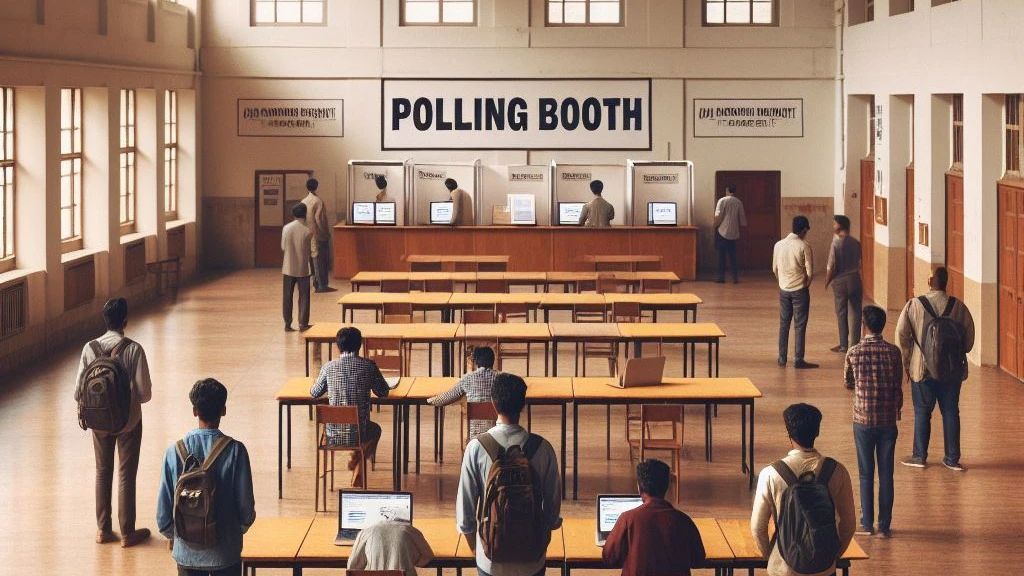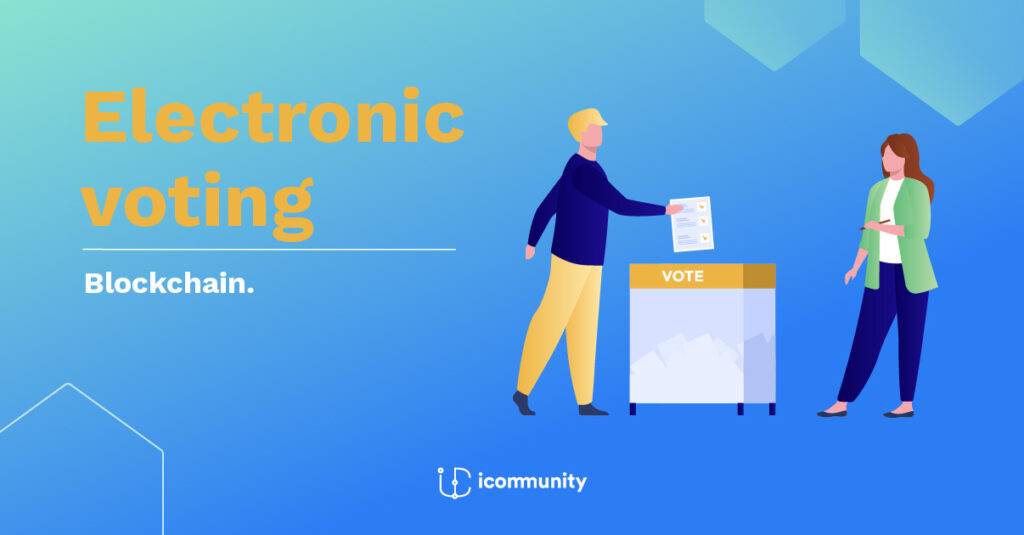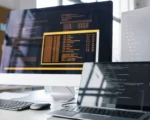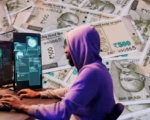IIT Madras Adopts Blockchain for Student Elections, Addresses Key Challenges

IIT Madras Implements Blockchain for Student Voting, Tackles Initial Hurdles
IIT Madras has taken a significant step in exploring blockchain technology for governance by shifting its student election systems from servers to blockchain. Students at the renowned engineering college, as part of a dedicated blockchain research club, are experimenting with blockchain across various themes including voting and intellectual property protection. According to IIT Madras, these experiments shouldn’t be misconstrued as ‘betting on crypto’ but rather as a pilot project to explore distributed ledger technology on a broader scale.
Professors Prabhu Rajagopal and John Augustine from IIT Madras collaborated with students on this project to introduce blockchain-based voting into the student election process. The aim is to leverage blockchain’s potential to improve governance systems by reducing costs significantly and enabling a verifiable and tamper-proof voting process.
By implementing blockchain for student elections, IIT Madras aims to address several challenges and explore the potential benefits of decentralized voting systems. Through their research and experiments, they aim to demonstrate how blockchain can enhance transparency, security, and efficiency in governance processes.
Moving student election systems to blockchain is part of IIT Madras’ broader initiative to foster innovation and research in emerging technologies like blockchain. The college sees blockchain as a promising tool not only for voting but also for various other applications such as intellectual property protection.

The adoption of blockchain by an institution like IIT Madras underscores the growing interest in exploring blockchain beyond cryptocurrencies. It represents a proactive approach towards understanding and harnessing the potential of blockchain for real-world applications in governance and beyond.
“Voting technology is one such area which is the bedrock of a democratic system. We aim to make this process simple and accessible to people in their comfort while simultaneously improving security and reducing overall costs. Scaling up the elections will bring about new challenges which we will be eager to solve,” the institute officials noted.
The institute also recently initiated the work of drafting policies to oversee the metaverse sector in India as a reference that the government could access and utilise while deploying regulations on the national level.




















